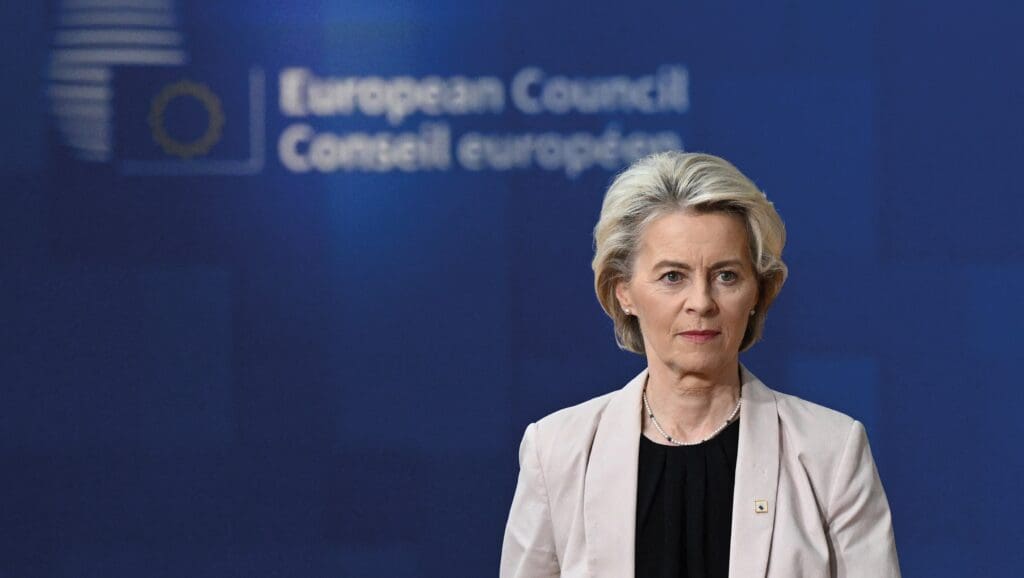
‘The history of European integration is in fact nothing more than the history of the power struggle of the EU institutions. The powers of the institutions at the core of the current EU have been in a constant state of flux since the beginning of the European project…’
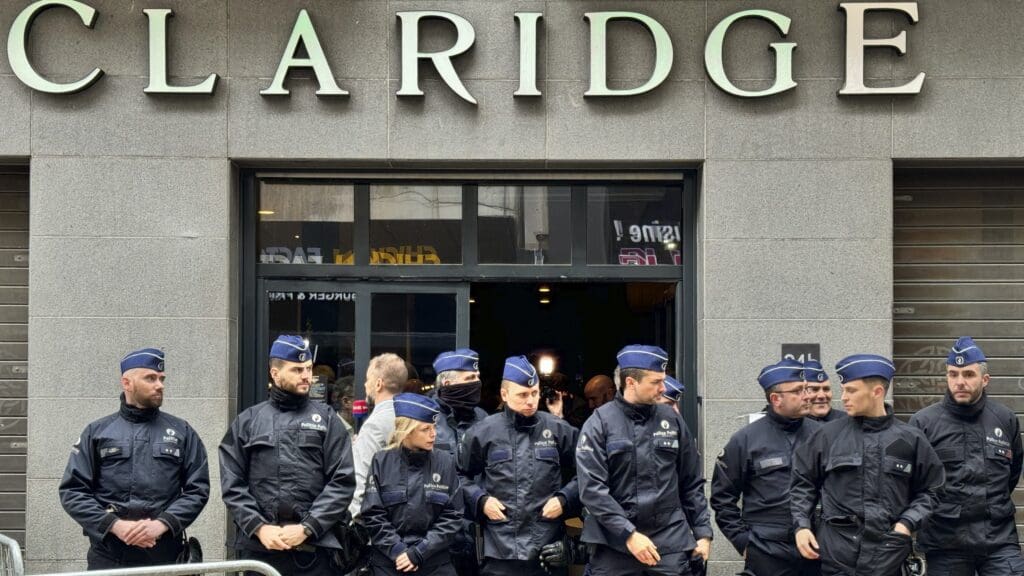
‘The lessons of human history suggest that the future is rarely bright and happy where the state is unable, or worse, unwilling, to contain the hypersensitivity of certain political camps. The precedent of the terrible terrorist attacks in Brussels or the common immigrant riots show that Belgium has already lost the battle against the hypersensitivity of radical Islam. It does not seem to want to take a firmer stand against the left either.’

Whether Budapest will remain a stronghold of the left is at stake in the municipal elections to be held on 9 June 2024. Mayor of Budapest is practically the highest political office directly elected by citizens in Hungary, but the outcome of the June election is exciting not only because of that but also because the capital has been the scene of daily party political battles ever since the last election in 2019.
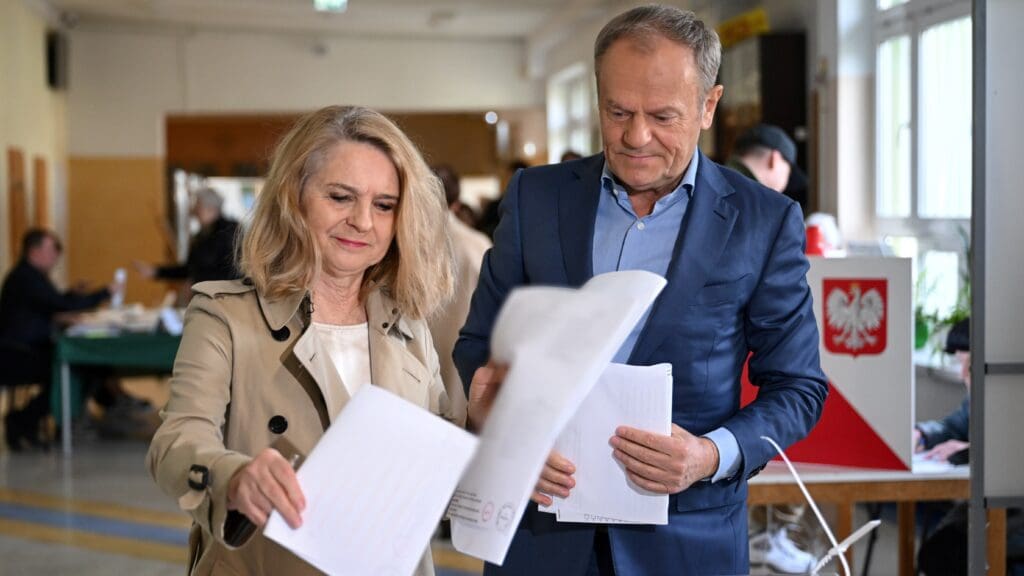
‘The unfreezing of funds is a turning point in the EU–Poland relationship—one that had become very strained in recent years—and of course a major political success for the new cabinet. But that is not the only reason why the Commission decision is so instructive: the damage to the rule of law in Poland, which was so widely reported on in the European press in recent years, appears to have been reversed in less than two months, to the extent that the European Commission was willing to waive the withholding of EU funds, which is undoubtedly a very effective tool for blackmailing reluctant member states.’
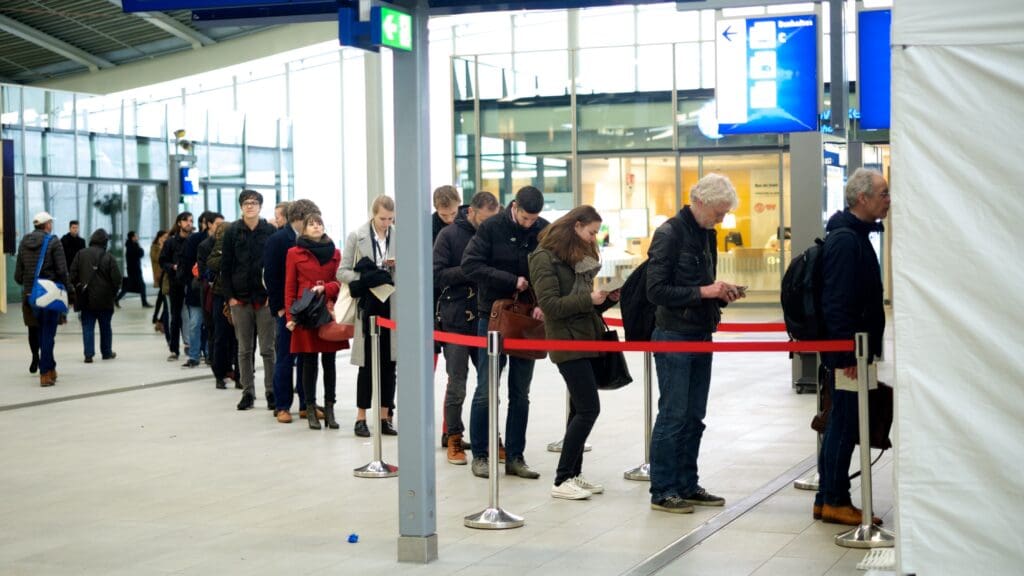
In several countries of the European Union, the concept of referendums linked to the enlargement of the Union is well known. In 2016, the Netherlands held a referendum on the adoption of the association agreement between Ukraine and the European Union. The majority of voters rejected the agreement, but as it was only an advisory referendum, so the result did not ultimately bind the Dutch government. France’s constitution requires a referendum to be held before any future EU enlargement. I see no reason why Hungary should not be the next country to have such a plebiscite.

The statement denouncing the law on the protection of national sovereignty alleges that it potentially restricts press freedom, by threatening the operation of and intimidating the ‘independent’ media.

The German constitutional court has recently declared it unconstitutional that the Berlin government had re-channelled some 60 billion euros of the fund created to tackle the coronavirus crisis into the climate protection fund. The ruling, having reinforced the strictures on further borrowing, will definitely have an impact on the not-yet-adopted 2024 budget.
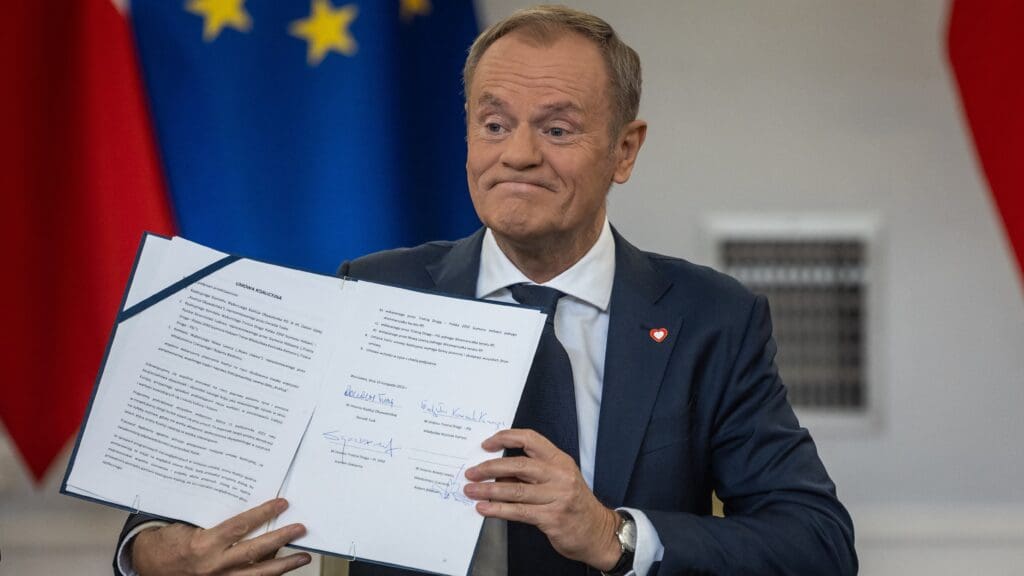
The new Polish government is quite likely to not be able to deliver on many of its crucial election promises, which may create legitimacy problems. And this is far from being the only difficulty: if the new government is unable to change the laws that led the EU to launch the Article 7 and the so-called rule of law proceedings against Poland, there may be serious economic consequences for the country.
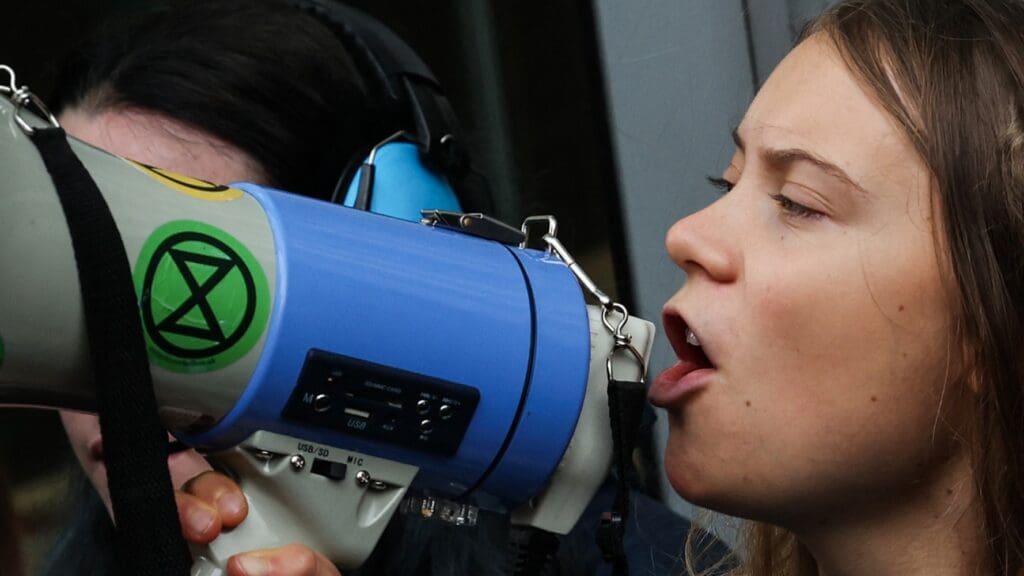
Greta Thunberg has voiced the opinion that the Western media ‘brainwashes’ people about Israel, and recently wore a Palestinian scarf to a climate protest in Amsterdam. As a result, Fridays for Future Germany has repeatedly distanced itself from their Swedish comrade, saying that they do not compromise on antisemitism and that protecting Jewish lives is important to them. ‘She does not represent Fridays for Future Deutschland’, they tweeted.
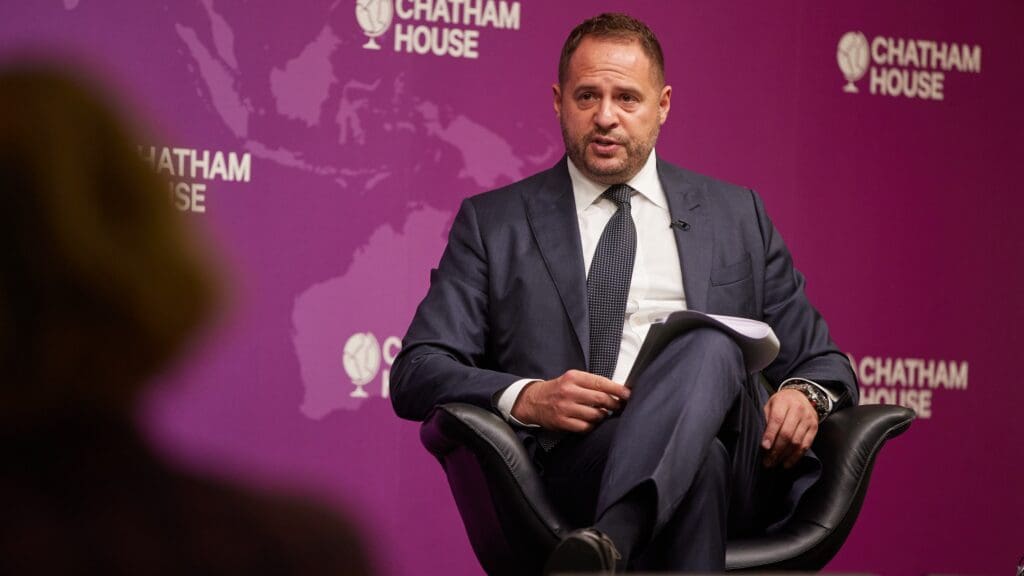
In a recent interview with POLITICO, Zelensky’s chief of staff Andrii Yermak stated that it is unacceptable that some of Europe’s leaders and citizens are fatigued by the conflict in Ukraine. It is no coincidence that war fatigue was mentioned, as Russian prank callers recently extracted a statement to that effect from Italian Prime Minister Giorgia Meloni.
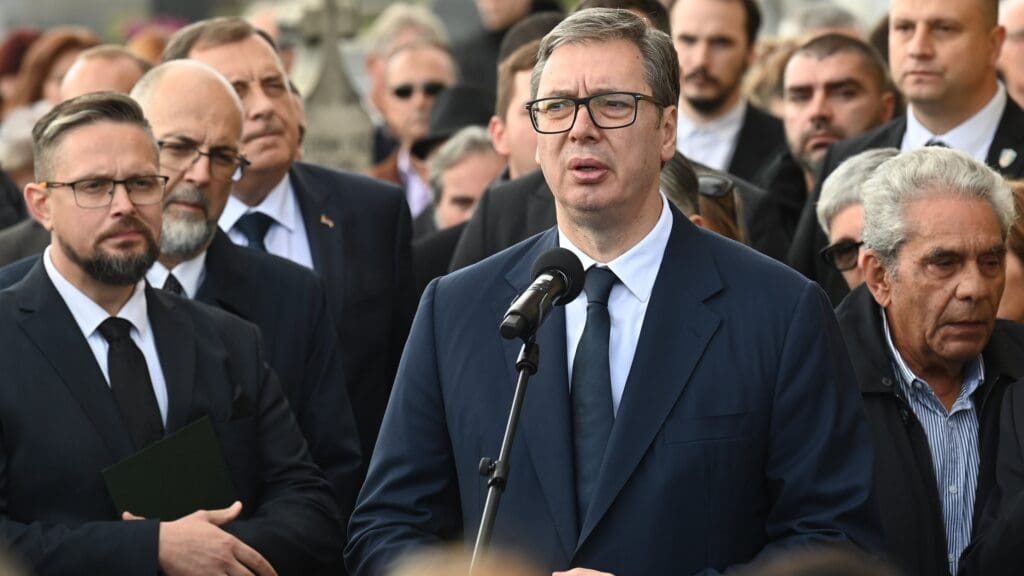
Hungary has long been committed to supporting Serbia’s accession to the EU, but given the protracted migration and energy crises, it is also in Budapest’s vital interest to have a stable Belgrade government that is friendly towards Hungary and Hungarians. The SNS alliance has shown a strong willingness to maintain good relations, which is a promising sign for the future.
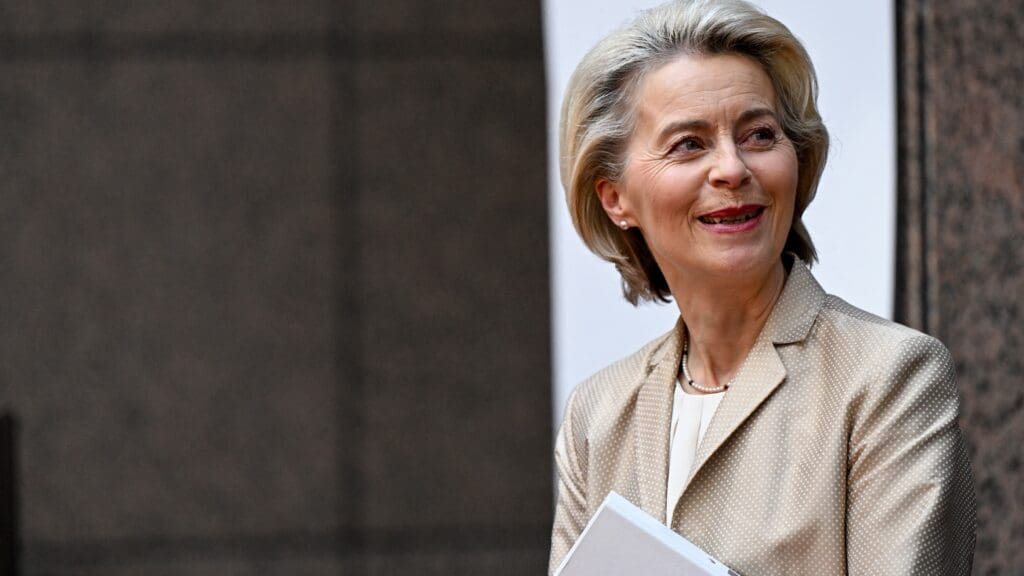
‘The fact is, however, that the continent’s current economic situation finds only a relatively small number of EU countries in a giving mood. French President Emmanuel Macron said on Friday that the European Commission’s current proposal was not ‘realistic’ and that the Brussels-based body was asking too much. Similar comments have come from Berlin.’
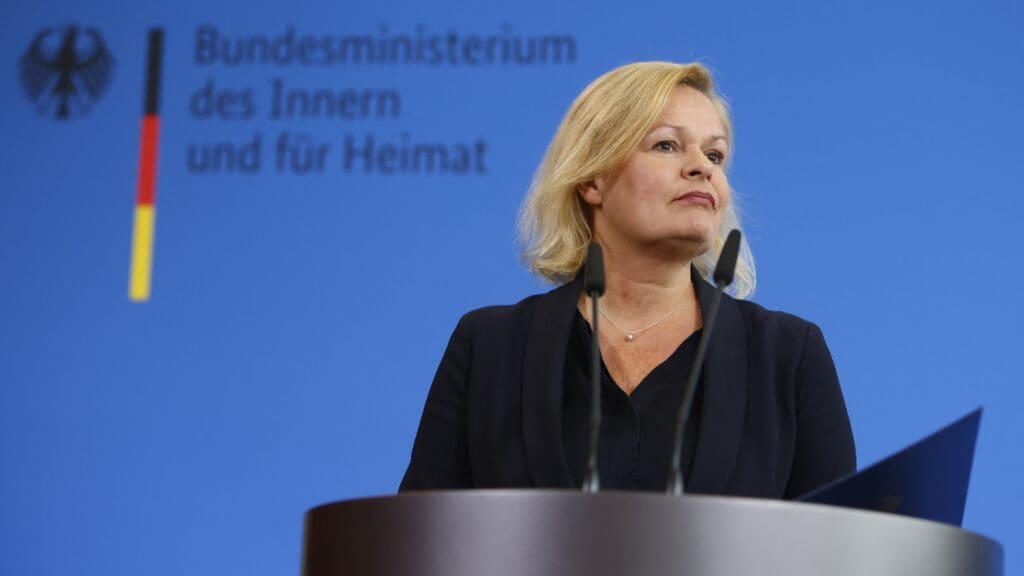
Even if the Bundestag votes in favour of the tightening of the asylum law, deportations are not expected to increase significantly in Germany—according to the Interior Ministry, the number of deportations will rise by about 5 per cent as a result of the amendment.

The daily operation of the Hungarian railways is hampered by profound structural problems. It is not only a lack of sufficient funding but also the absence of a consistent and comprehensive development strategy that causes the ever-growing woes.
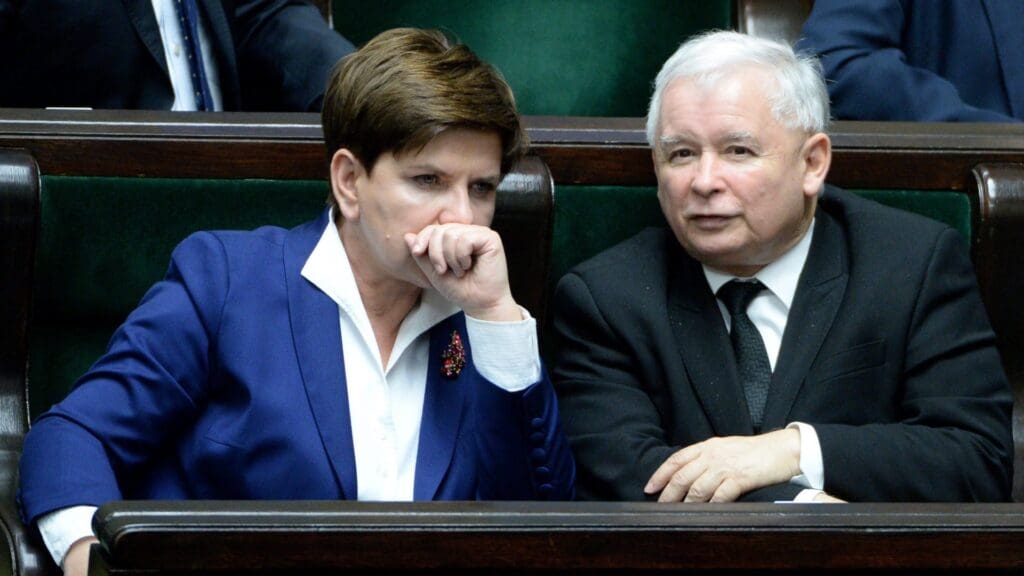
‘According to recent polls, neither United Right nor Civic Platform will be able to form a government on its own…Donald Tusk’s situation seems easier in that he may have a realistic chance of including both the aforementioned Lewica and the Third Way alliance in the future governing coalition. This does not mean, however, that it would be easy for him to govern with these parties, and indeed such multi-party coalitions—let us not forget that the KO is itself an alliance—are often not very stable and long-lived.’
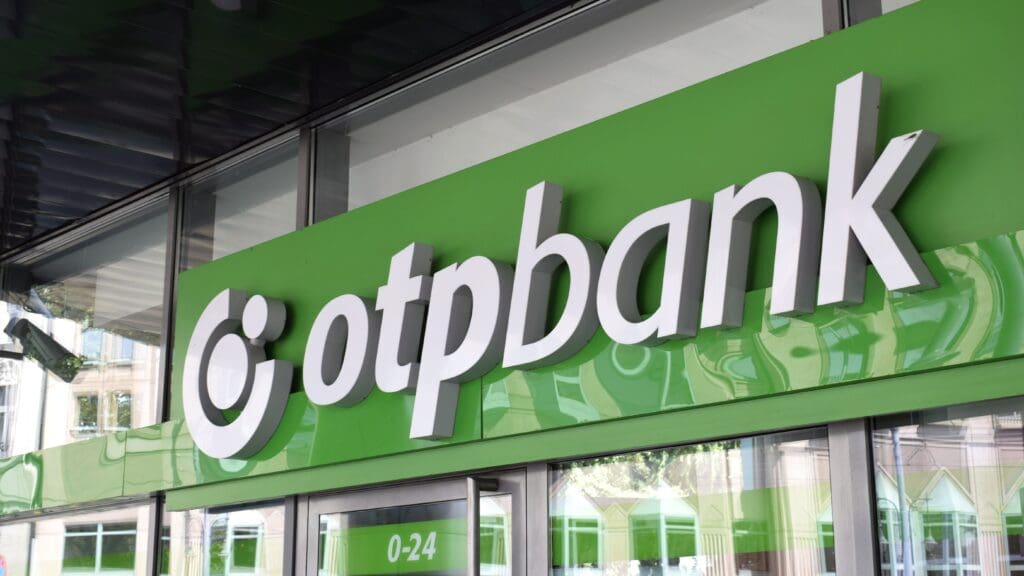
It seems that even the most vocal supporters of energy sanctions do not want to give up Russian gas at all cost, which has led to some unusual but rather obvious solutions. Today, fossil fuels from Russia are being transported via proxies to pro-sanctions Western Europe. Also, despite loud promises, the vast majority of Western companies operating in Russia have not left the country at all, at least according to a Swiss study from 2022.
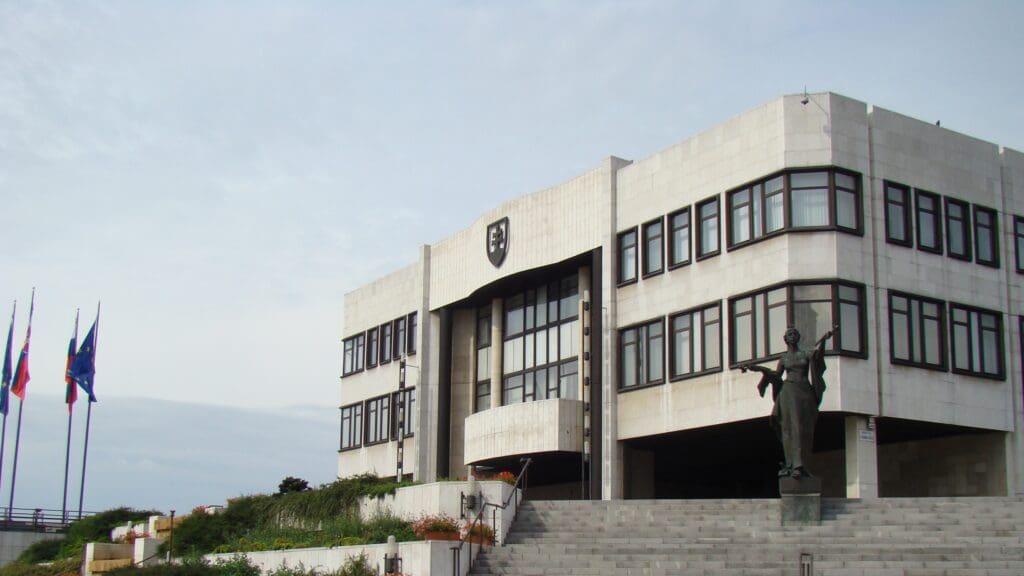
On the surface, the Slovak election seems to be about a single question: will Robert Fico, the country’s former prime minister, be able to return to power? However, even if he does triumph, he will be forced to enter difficult negotiations with multiple potential coalition partners.
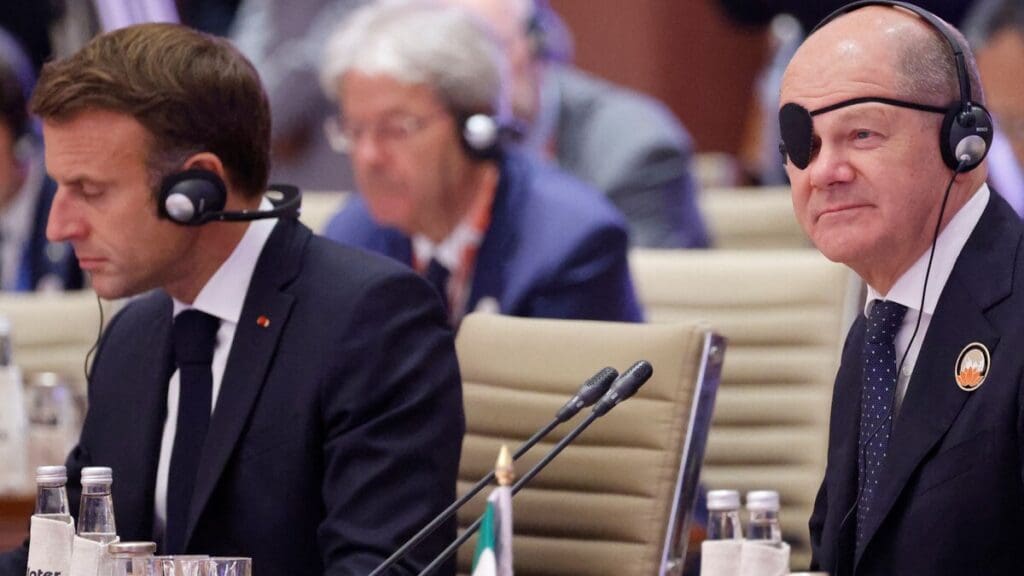
The French and German political elites have apparently grown tired of the never-ending debates about the present and future of the European Union, which are impeding the integration goals they wish to see, and now want to force them to an end. In some ways, this would also mean a break with the ‘Europa auf Augenhöhe’ (‘Europe at eye level’) policy that made the EU so attractive in the 1990s, and it is to be expected that the ‘problematic’ member states of Central and Eastern Europe will not let this pass without a fight.
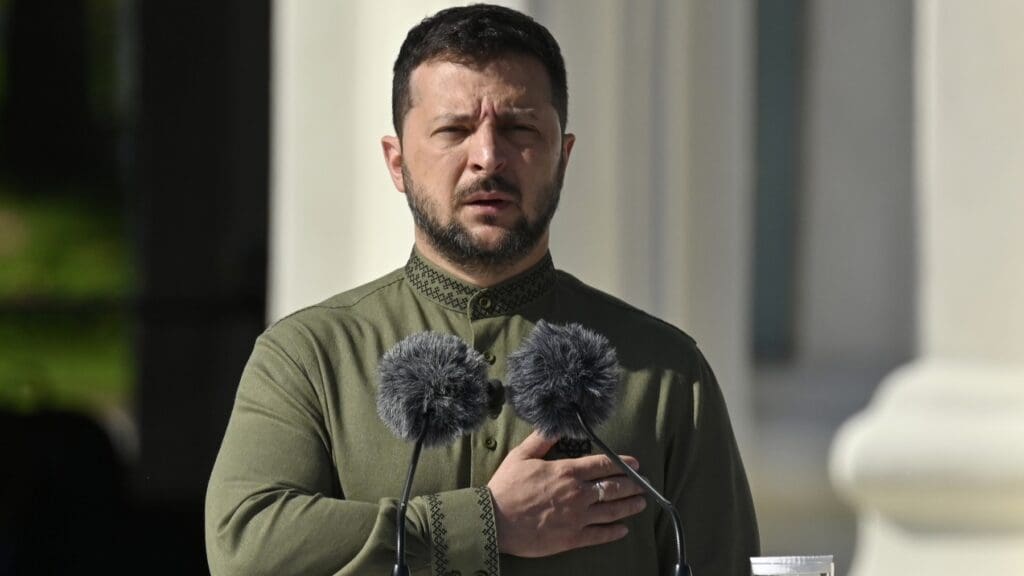
Kyiv stayed true to its doubtful reputation and promised ‘appropriate responses’ to the three V4 countries extending their ban on Ukrainian agri-food imports. ‘If the decisions of our neighbours are not neighbourly, Ukraine will respond in a civilized manner,’ Zelensky said.

The Budapest Treaty was a bilateral accord between Hungary and Czechoslovakia, aiming to establish the contractual framework for the construction of a complex waterworks system along the Hungarian–Czechoslovak section of the Danube. After Hungary unilaterally annulled the treaty signed on 16 September 1977, a complex dispute that has not been completely resolved to this day ensued.
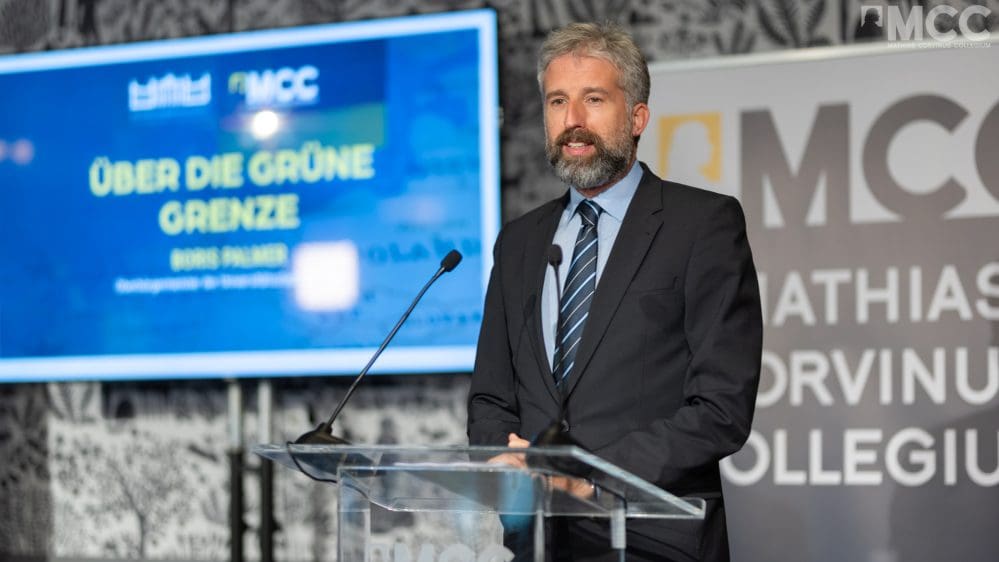
Boris Palmer was once a wunderkind of Germany’s Greens, but his controversial takes on migration and cancel culture have forced him out of his party. His appearance at one of MCC’s events is not less divisive: is he a new Orbán-Versteher in the making?